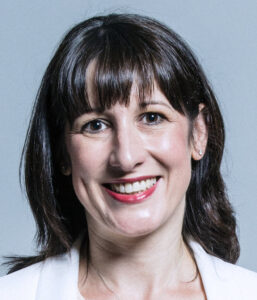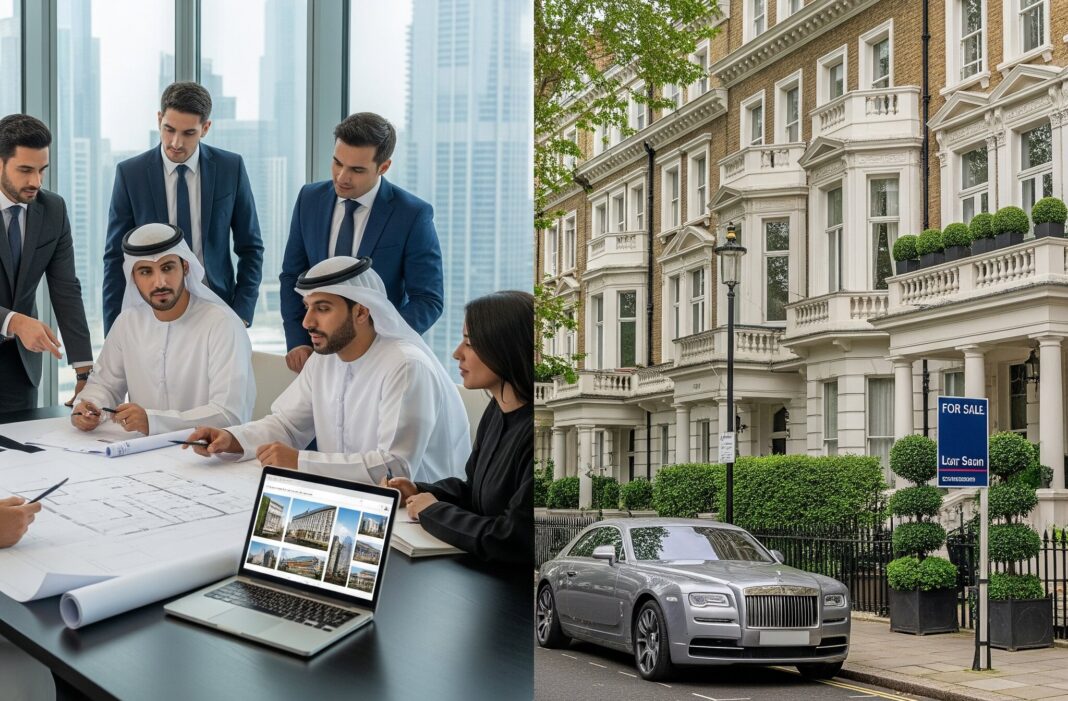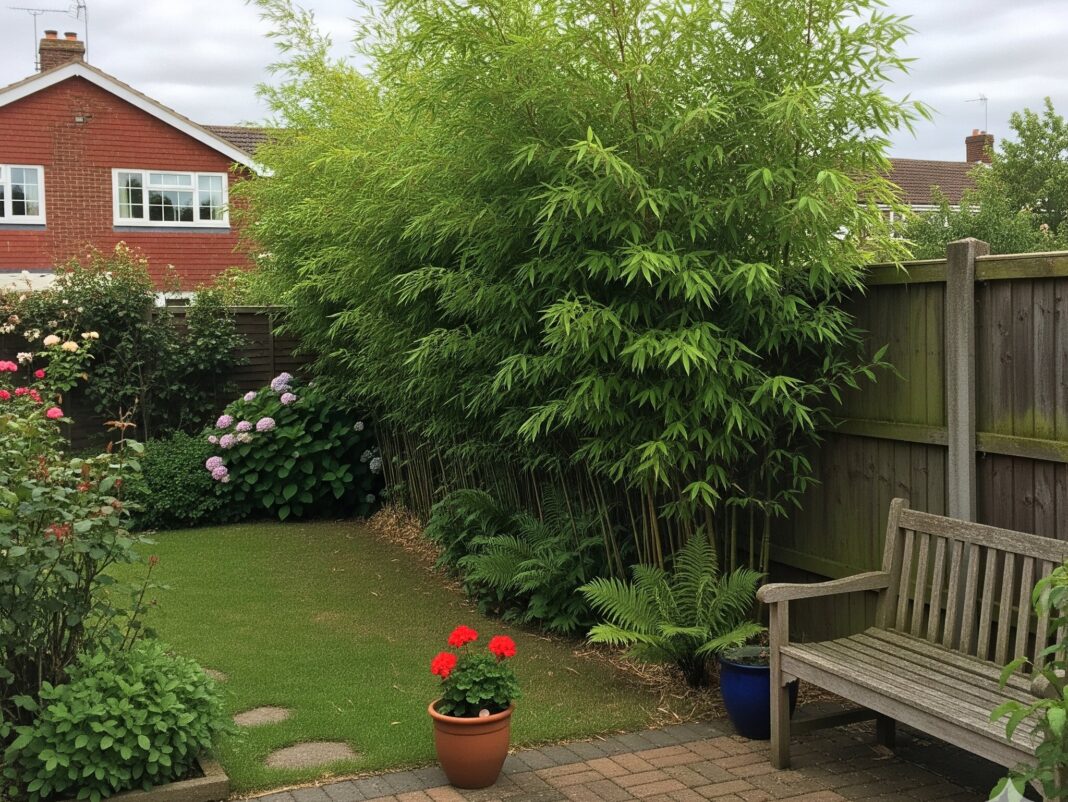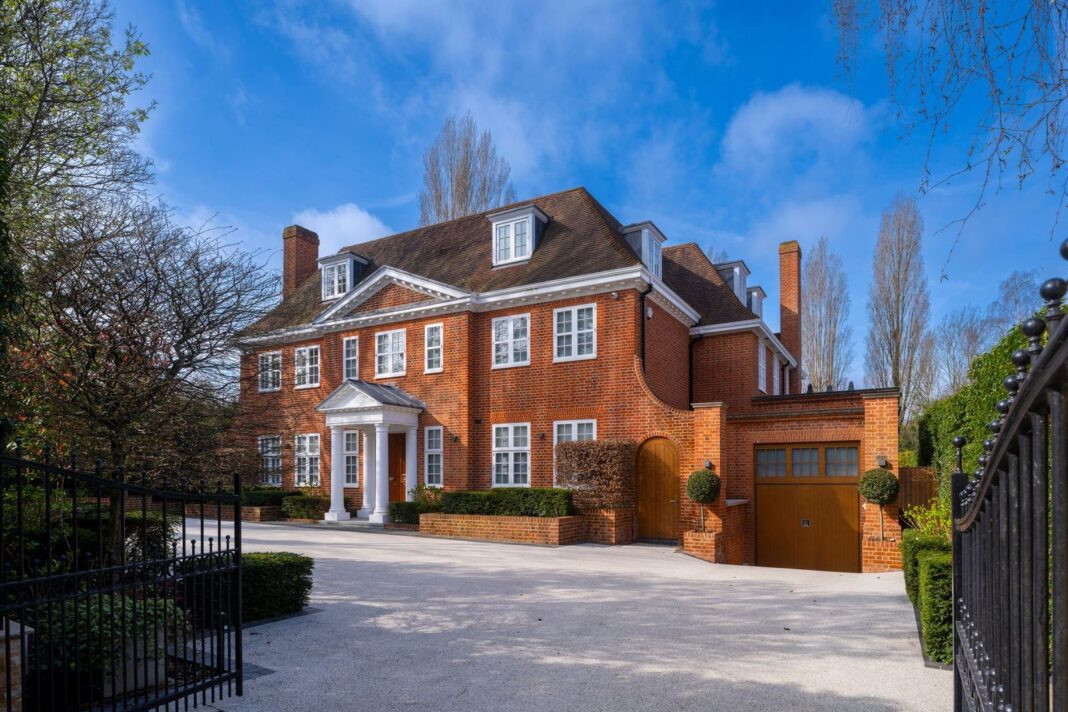A depressed luxury housing market and a new tax-free regime are drawing wealthy United Arab Emirates residents back into prime London property, according to advisers.
According to the Financial Times property agents and lawyers said buyers include both UAE nationals and long-term British expats, with some relocating and others seeking discounted footholds in the capital.
“The uptick in interest from the Middle East has been quite marked in the last three or four months,” said James Forbes, co-founder of advisory firm Forbes Gilbert-Green. “London is looking cheaper than it was.”
Prime property values in Kensington and Chelsea fell to their lowest since 2013 in May, following years of pressure from higher housing levies, Brexit uncertainty and changes to non-dom taxation.
GOOD TIME TO BUY

Chancellor Rachel Reeves abolished non-dom status last autumn, introducing a regime under which wealthy arrivals or those returning after ten years abroad pay no tax on foreign income and gains for four years.
A tax lawyer said: “I’ve got one British expat client who’s been in Dubai for a long time and is now moving back to the UK and taking advantage of the new four-year FIG regime.”
Stuart Bailey, head of prime central London sales at Knight Frank, says: “If you are from the UAE… both the suppressed pricing and the four-year FIG regime present a good time to buy.”
UAE nationals accounted for 3% of overseas buyers in prime central London in the year to July, up from 0.6% the year before, Knight Frank said. Luxury property values in Dubai have surged 67% since 2019, providing owners with capital to reinvest abroad.
The Treasury said the UK “remains a highly attractive place to live and invest.”
AML RISK

But Phil Cotter, Chief Executive of SmartSearch warns that while many of these buyers may be genuine, the influx of foreign investment also increases the risk of dirty money entering the market.
He says: “Prime London property has long been seen as a safe haven for global wealth – but this also makes it a magnet for bad actors.
“The rise in purchases by foreign nationals, family offices and offshore vehicles poses a significant risk that homes are being bought with dirty money, or that the true beneficial owners remain hidden behind layers of secrecy.
“The UK has made progress with reforms such as the Register of Overseas Entities, but enforcement remains patchy and loopholes are still being exploited.”
ILLICIT FINANCE
And he adds: “Criminals and corrupt officials know that bricks and mortar in London are one of the easiest ways to launder vast sums while concealing their identity.
“Our own analysis suggests illicit money has already inflated property prices by around £3,000 nationally – and by more than £11,000 in London – making homeownership even more unattainable for ordinary families.
“Without robust due diligence and real-time digital checks on buyers and their sources of wealth, we risk allowing our property market to be used as a gateway for illicit finance. That undermines trust, inflates prices for ordinary buyers, and damages the UK’s reputation on the world stage.
“As the market opens up again to high-value overseas buyers, it is vital that estate agents, lawyers and lenders take their AML obligations seriously – not just ticking boxes but truly knowing who they are dealing with.
“Technology makes it possible to unmask hidden owners and identify high-risk individuals instantly. The industry must use these tools now or risk the London property market being tainted by dirty money.”










